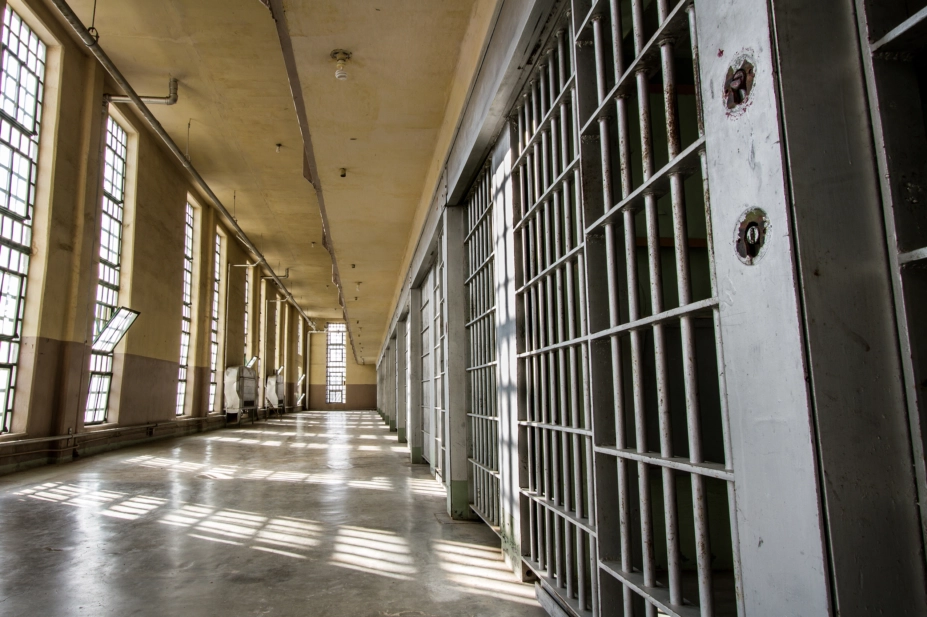
Shutterstock.com
A lack of access to vital medicines including pain relief, mental health drugs and insulin has led to some prisoners being hospitalised, according to a parliamentary report.
In some prisons, this “endemic” lack of access is triggered by a prison market in illicit drugs where inmates can potentially be bullied for their medicines. This culture means that health professionals are reluctant to prescribe medicines in case it exposes prisoners to abuse, the inquiry and subsequent report into prison healthcare by the House of Commons health and social care select committee found.
The report, published on 1 November 2018, highlighted the problems prisoners have with accessing treatment. It said: “Prisoners can experience delays in getting access to medicines, including medicines they’ve been prescribed before they enter prison or when they are transferred to another prison.
“The Prisoner Advisory Service informed us that prisoners can be left without vital medication including beta blockers, insulin, mental health medication and pain relief.”
The report also found that the lack of a basic over-the-counter community pharmacy service was increasing pressure on existing prison health services. The report said: “Prisoners need to make an appointment for even minor ailments like a cold or a headache, which outside are dealt with over the counter.
“Delays are also caused by the risks of giving some prisoners access to more than a day’s worth of medication. For prisoners that could be trusted, they could access a week’s supply, but for others this was not possible.”
Sarah Wollaston, committee chair, said: “We need assurances from government that it will urgently address the very serious situation in prisons with a whole systems approach underpinned by sufficient funding and attention to the prison and healthcare workforce.”
The committee has put forward 32 recommendations including the need for a “more robust” health screening of prisoners – especially for those who have substance use disorders. It also wants to see a commitment to reduce health inequalities in the prisoner population.

